What are Mental Health Counselors?
Mental health has rightfully taken center stage in our society, emphasizing the importance of seeking help and support when dealing with psychological challenges. But who are the professionals who guide individuals through these difficult times? Mental health counselors play a crucial role in this process. In this article, we will explore what mental health counselors do, their qualifications, the scope of their work, and their valuable contributions to the well-being of individuals and communities.
Defining a Mental Health Counselor
Mental health counselors are trained professionals who specialize in helping individuals navigate emotional and psychological issues. They are experts in understanding the complexities of human behavior, emotions, and the mind. To become a mental health counselor, one typically needs a master's degree in counseling or a related field, followed by licensing or certification requirements, which vary by state.
The Scope of Work
Mental health counselors work in various settings, including schools, private practices, hospitals, and community centers. They serve diverse populations, ranging from children and adolescents to adults and the elderly. Their role encompasses addressing a wide range of mental health issues, including but not limited to depression, anxiety, addiction, trauma, and relationship problems.
Counseling Techniques and Approaches
Mental health counselors employ a variety of therapeutic techniques and approaches tailored to each client's unique needs. These may include cognitive-behavioral therapy (CBT), talk therapy, art therapy, and mindfulness-based practices, among many others. The goal is to provide effective support and facilitate clients' personal growth and healing.
The importance of evidence-based practices cannot be overstated, as these approaches have been rigorously tested and proven effective in treating specific mental health conditions.
The Counselor-Client Relationship
Establishing trust and rapport is a cornerstone of effective counseling. Mental health counselors create a safe and confidential environment where clients can express their thoughts and emotions without judgment. Ethical considerations, such as confidentiality, play a pivotal role in maintaining this trust.
Counselors collaborate with clients, involving them in the therapeutic process and jointly setting goals for therapy. This collaborative approach empowers clients to take an active role in their own healing journey.
Assessing and Diagnosing
Assessment is a crucial aspect of a mental health counselor's work. Through careful evaluation and conversations with clients, they gain insights into the client's mental and emotional state. While counselors are not typically authorized to diagnose medical conditions, they can provide valuable information to clients and collaborate with other healthcare professionals when necessary.
Treatment Planning and Goal Setting
Based on their assessments, mental health counselors develop individualized treatment plans. These plans outline specific goals, strategies, and timelines for therapy. Continuously monitoring progress, counselors make adjustments as needed to ensure clients are moving towards improved mental health and well-being.
Supporting Mental Health and Wellness
Mental health counselors play a proactive role in supporting mental health and wellness. They educate clients on prevention and early intervention strategies, promoting self-care and resilience. During crises and emergencies, counselors are invaluable sources of support and guidance.
Challenges and Rewards of the Profession
While mental health counseling is a deeply rewarding profession, it comes with its own set of challenges. Counselors often witness their clients' emotional struggles, which can take an emotional toll on them. It's essential for counselors to prioritize their own self-care and seek supervision or support when needed to prevent burnout.
How to Become a Mental Health Counselor
If you're interested in becoming a mental health counselor, the path typically involves earning a bachelor's degree in a related field, followed by a master's degree in counseling or a similar discipline. After completing the necessary education and supervised experience, aspiring counselors must fulfill licensing or certification requirements, which vary by state. Numerous resources and organizations are dedicated to supporting individuals pursuing a career in mental health counseling.
Final Thoughts
Mental health counselors are unsung heroes in the realm of mental well-being. Their dedication, expertise, and empathy help individuals overcome the challenges they face and lead happier, healthier lives. As society continues to recognize the importance of mental health, it's crucial to understand and appreciate the vital role that mental health counselors play in our communities.
If you or someone you know is struggling with mental health issues, consider reaching out to a mental health counselor. Seeking help is a courageous step towards a brighter future, and mental health counselors are there to guide you on your journey to well-being. Here at Altered Mind, we are eager to help you find the help that you are looking for. Feel free to give our office a call 561-570-4810





